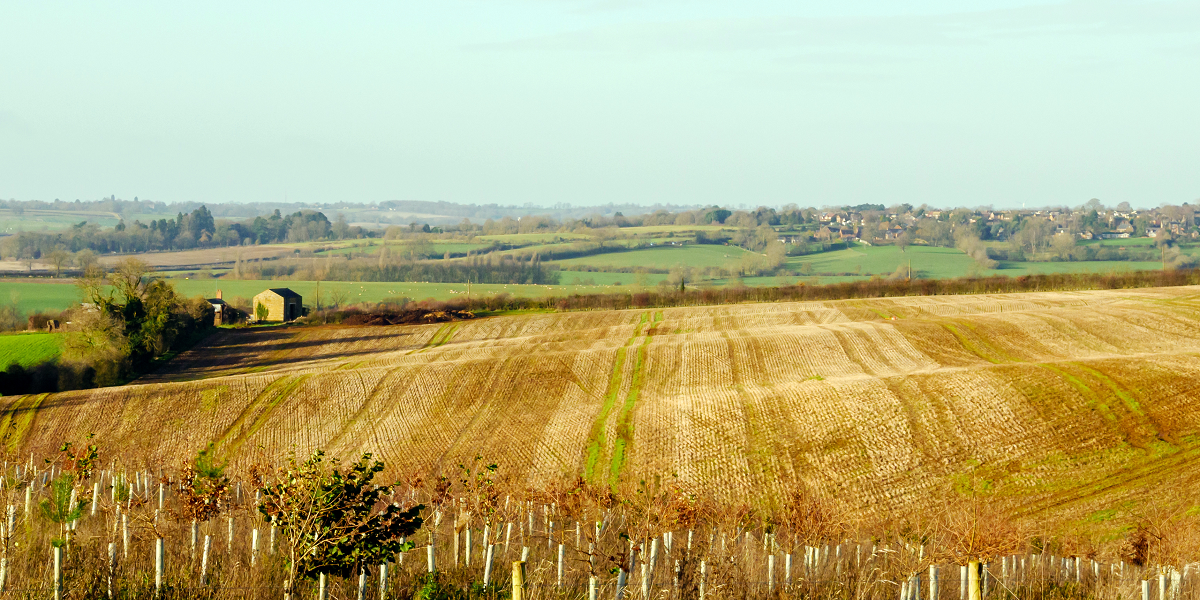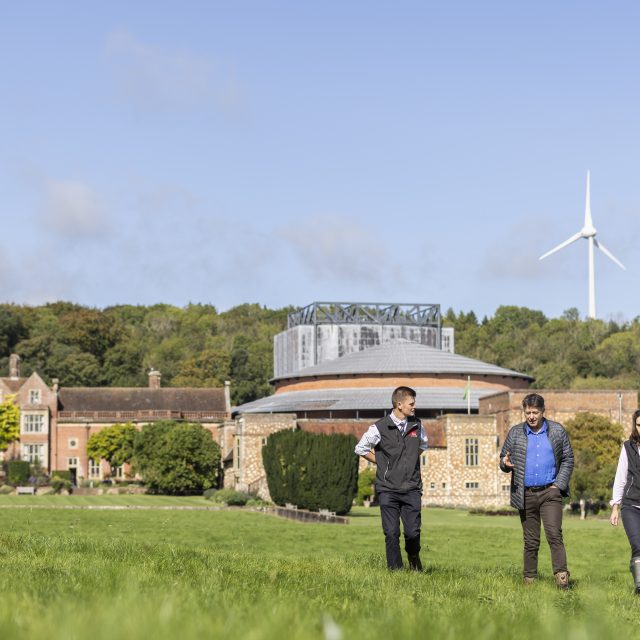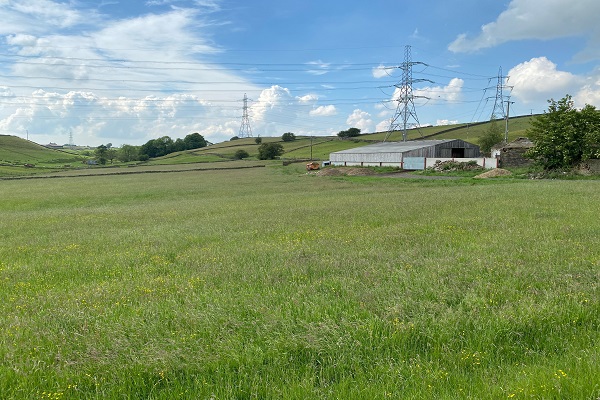Analysis of proposals to extend Agricultural Property Relief
Strutt & Parker has worked with the Energy & Climate Intelligence Unit (ECIU) to quantify the costs and benefits for government and farmers arising from UK treasury proposals to extend Agricultural Property Relief (APR) to newly created non-agricultural habitats.
The government has recently consulted on proposals to overhaul inheritance tax reliefs as the possible loss of APR is one of the reasons most frequently cited by farmers and landowners for not engaging in the woodland and other habitat creation schemes that are needed to meet nature and climate targets.
Although the creation of many types of habitats may be eligible for APR, and therefore not affect a farmer’s tax liabilities, there are others, such as woodland and wetland creation, which would be likely to be ineligible.
There are also implications for the tenanted sector as although many landowners who manage their own farming operations would still qualify for inheritance tax relief through Business Property Relief (BPR), those with tenants would be likely to lose these reliefs due to current HMRC rules.
This means, at present, tenants are restricted in the land management options they can choose by landlord consent, which will be partly based on whether those options pose a risk to the landowner’s eligibility for inheritance tax relief.
Using data from the RSPB Conservation Science department, ECIU and Strutt & Parker modelled what the current tax liabilities would be for landowners and farmers if they created the habitats needed to meet UK climate targets, in line with Climate Change Committee (CCC) scenarios.
The analysis, which has been featured in The Telegraph and Farmers Weekly, shows the government’s tax reforms could remove a £120m barrier to farmers choosing to implement nature-based solutions. By reforming APR as proposed, tenants would also have greater freedom to choose from a wider range of environmental options.
The analysis also found that the habitat creation these tax reforms could unlock could potentially absorb around 309,000 tonnes of carbon dioxide equivalent every year, totalling 8.4m tonnes of CO2 equivalent by 2050.
Read the full analysis.






